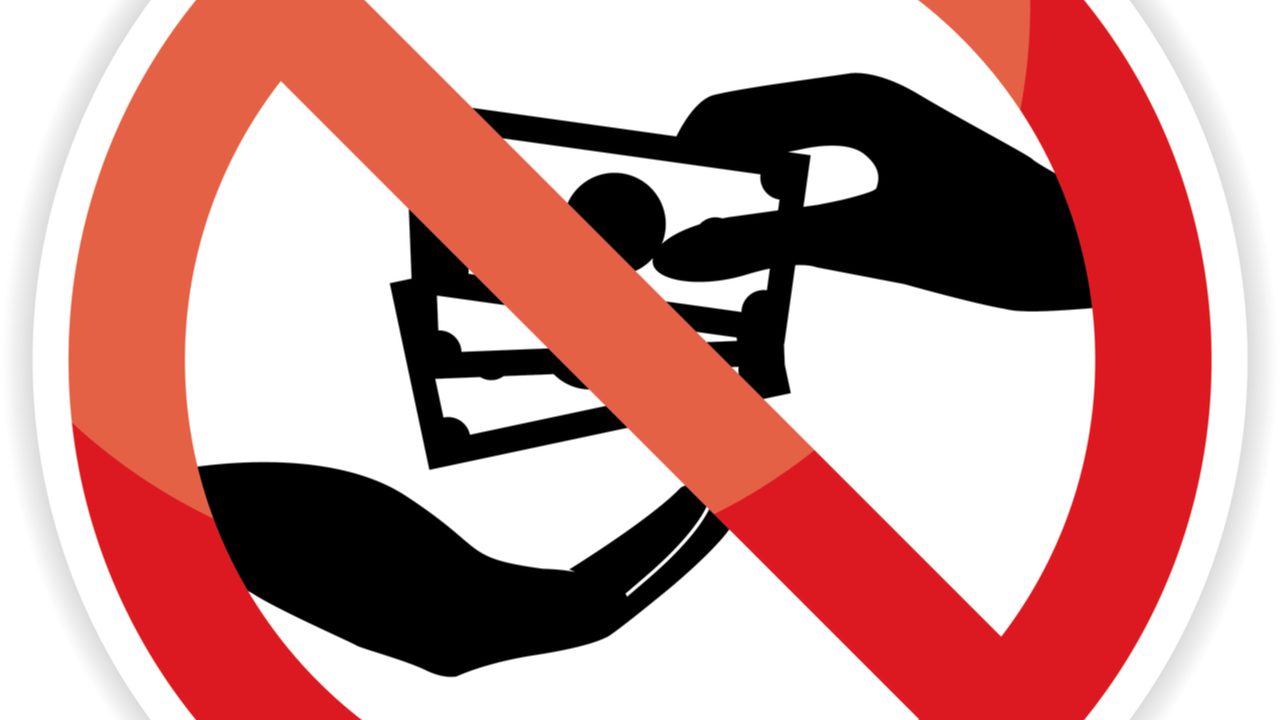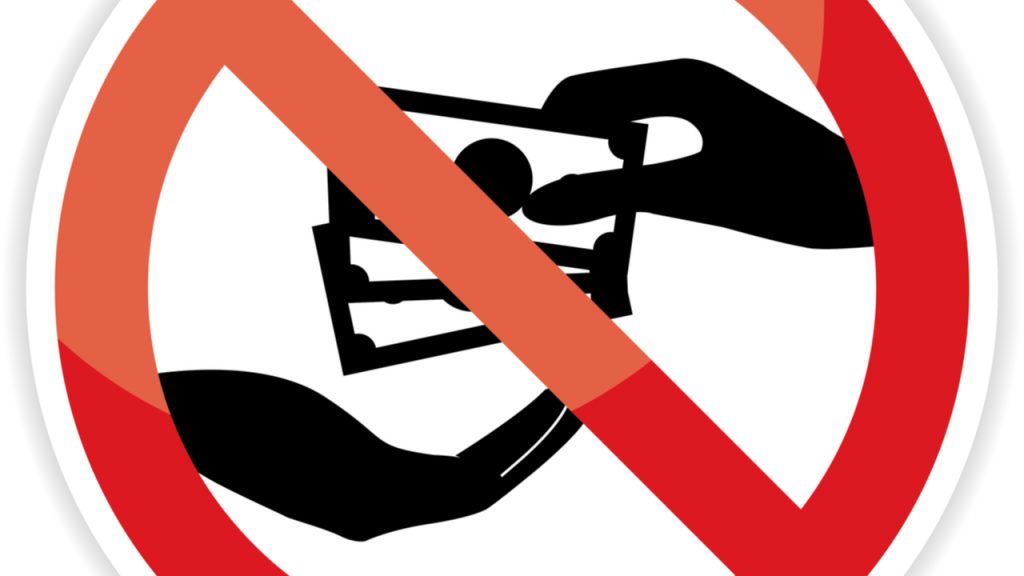
The Bank of Ghana has warned businesses and the public against the practice of demanding or making payments in foreign currency without its authorization. The central bank’s warning comes just over a month after Ghana’s currency was rated the worst performing among Africa’s top currencies.
Violators Face Possible Prison Time
The Ghanaian central bank has reminded the public that the practice of receiving or making payments for goods and services in foreign currency without its express authorization is still prohibited. The bank also similarly warned businesses against “engaging in foreign exchange business without a license issued by the Bank of Ghana.”
In a statement, the Bank of Ghana (BOG) said those caught on the wrong side of regulations face hefty fines. Alternatively, those in violation of the respective regulations face “a term of imprisonment of not more than eighteen (18) months or both.”
Citizens Urged to Report Violations
According to the BOG, only the local currency, the cedi, is the sole legal tender in Ghana. The central bank also indicated it will descend on companies breaking the law and all offenders will be punished in accordance with the law. In the statement, the BOG said:
Bank of Ghana, in collaboration with National Security and law enforcement agencies, will continue to clamp down on illegal foreign exchange operations. All offenders shall be dealt with in accordance with the law.
Meanwhile, in the statement, the BOG said Ghanaian citizens should report any violations of the Foreign Exchange Act to its complaints offices.
The warning by the BOG comes just over a month after the cedi, which depreciated by 8.86% between January 1 and February 25, was named the worst-performing among Africa’s top currencies. The cedi’s fall comes more than a year after it was rated the best-performing currency.
What are your thoughts on this story? Tell us what you think in the comments section below.
Image Credits: Shutterstock, Pixabay, Wiki Commons
Disclaimer: This article is for informational purposes only. It is not a direct offer or solicitation of an offer to buy or sell, or a recommendation or endorsement of any products, services, or companies. Bitcoin.com does not provide investment, tax, legal, or accounting advice. Neither the company nor the author is responsible, directly or indirectly, for any damage or loss caused or alleged to be caused by or in connection with the use of or reliance on any content, goods or services mentioned in this article.
Read disclaimer


